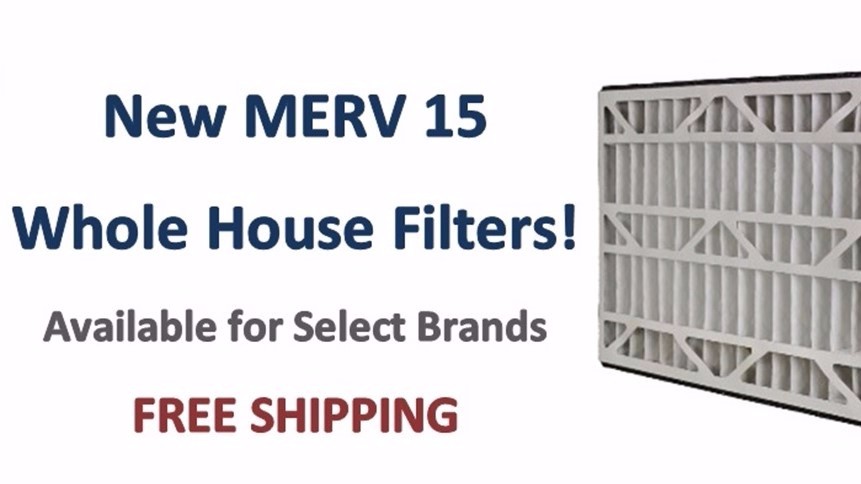This content is brought to you by Precision Air & Heating.
One of the biggest conundrums faced by homeowners is how often to replace their air filters. Although it would seem like a fairly straightforward task, knowing when to change air filters is actually tricky business — there are many variables that influence how often you’ll need to swap your filter out. In general, most heating and air professionals suggest you check your filters at least once a month for best results.
About Air Filters
There are several types of air filters available for homeowners, from basic fiberglass filters to electrostatic filters that never require replacement. Most homeowners end up with something in between, often choosing a pleated paper filter. How long these filters will last depends on how many particles of dust and other pollutants they trap — although trapping fewer particles means that your filter will last longer, it’s better for your furnace to choose a filter that will trap as much as possible without interfering with air flow.
An air filter’s ability is measured by a rating system based on the Minimum Efficiency Reporting Value (MERV). MERV ratings range from 1 to 16, with residential homes typically employing systems using filters with MERV ratings of 7 through 12. The higher the MERV rating, the smaller the particle the filter can trap, which is good news for your furnace — unless you neglect your filter changing duties, that is.
When air filters aren’t changed often enough, it can cause major problems inside your air handler. By their very nature, air filters work by trapping particles — in effect, by clogging — so if you ignore your furnace filter, you’re interrupting airflow to your air handler. This forces your air conditioner to work harder and puts considerable stress on your system. Taking the filter out and running the system without protection isn’t any better, since the tiny dust particles can really wreck your system.
Knowing When to Change Your Filters
Changing your filter is vital to the life of your air conditioner, but knowing exactly when to change your filter is more of an art than a science. There are several factors that influence how often your filter needs to be changed, including:
The MERV Rating of Your Filter. Bigger isn’t always better — a higher MERV rating will trap far more particles of dust, but filters with higher ratings also clog much faster.
Pets in Your Home. Pet owners everywhere know that pets shed, but fewer consider how that hair and dander gets trapped in their air filter. If you have pets, you’re going to have to change your filter more often to keep the air flowing.
People in Your Home. People also shed, but instead of significant amounts of hair, we shed lots of skin cells. Those skin cells can become airborne when we sit in a chair, roll over in your mattress or just move through the house. The more people who live in your home, the more dust and particles they’ll stir up, requiring you to change your filter more often.
Allergies and Allergens. Allergies don’t clog up your filter, but people who are more sensitive to allergens will need to change their filters more often so they can work at their most efficient. Opening windows on nice days can add more particles to the home environment, forcing the filter to catch more foreign allergens.
To find out just how often to change your filter, monitor your system for 12 months. During that time, check your filter every two weeks — if it looks dirty, it is. Don’t wait for your filter to look hairy before you change it. Write down the date of each filter change and you’ll have a much better idea how often your particular home’s filter needs changing.
When you find yourself changing the filter more often, it may pay to invest in an electrostatic filter that you can clean and reinstall into the air handler. An electrostatic filter will cost you between $20 and $100, depending on the size you require and what level of filtering you desire, but if you’re changing your furnace filter every three weeks at $10 a pop, an electrostatic filter that can last a lifetime represents a huge savings. We recommend the best electrostatic filter from BoAir.com. It has a lifetime warranty!


